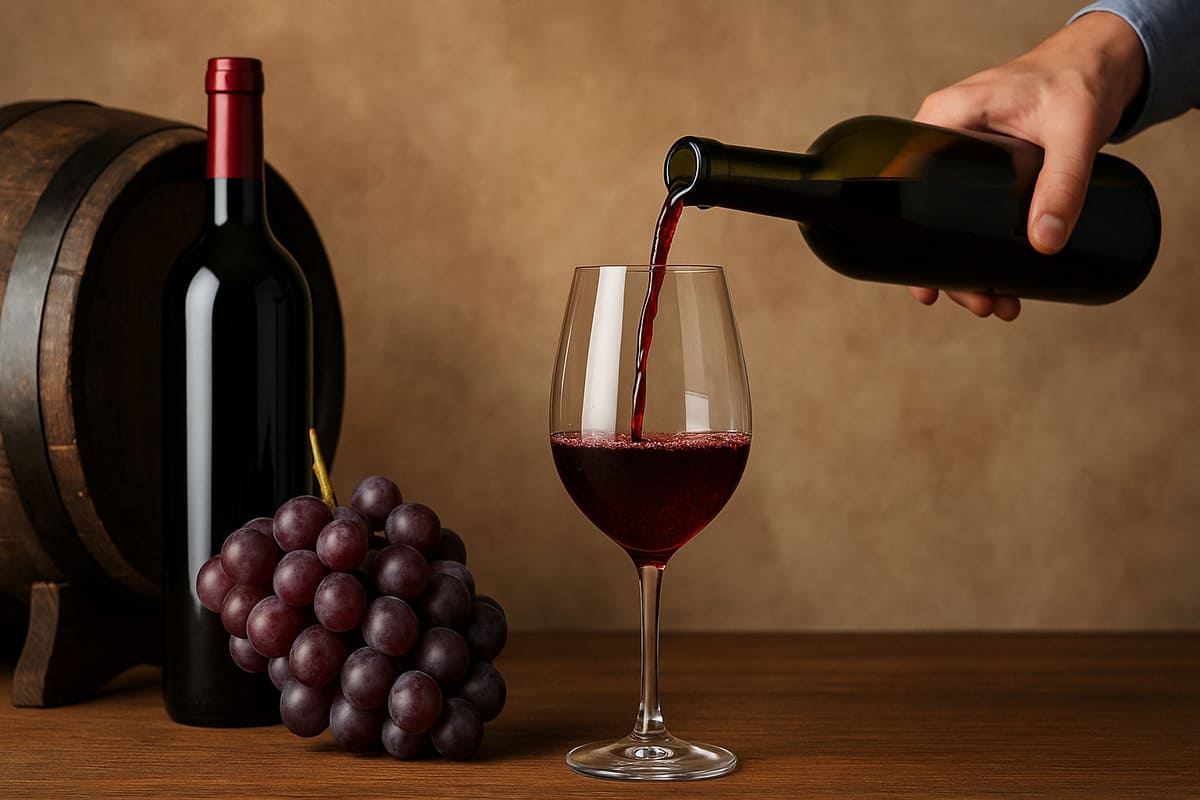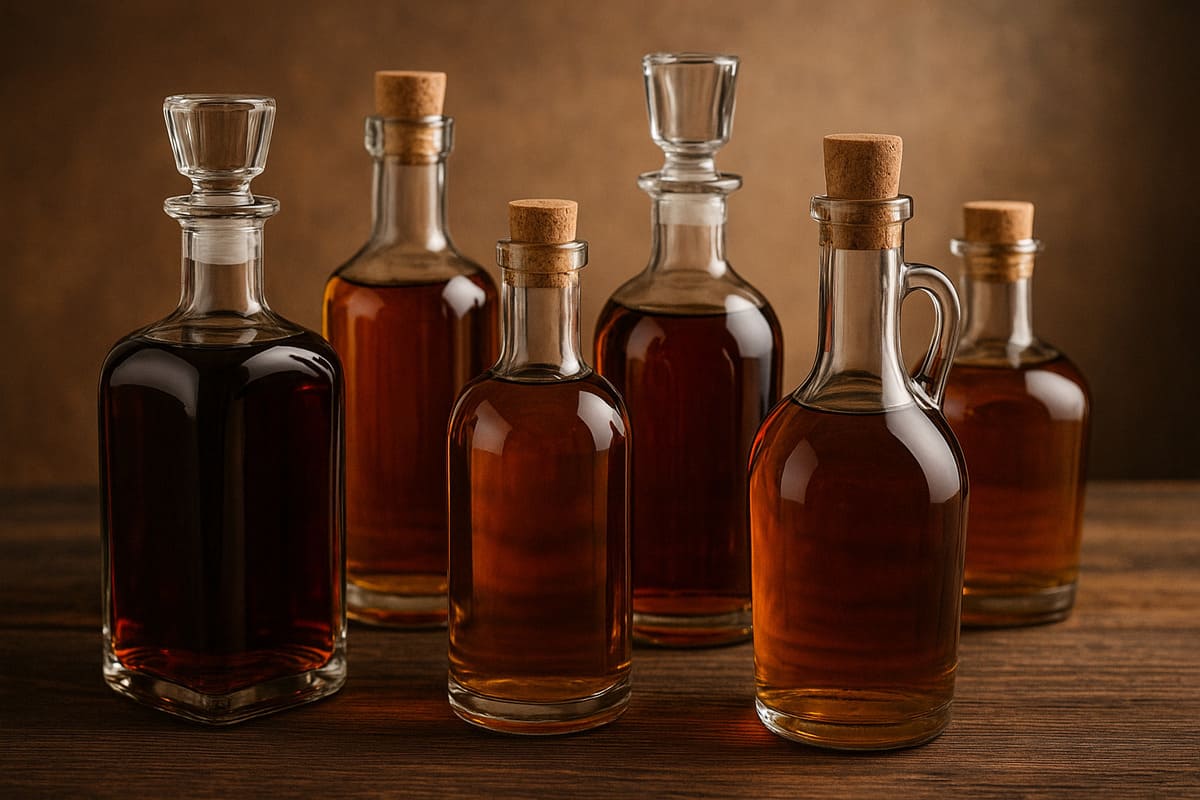Bulk wine and sustainability: a responsible choice

In a context where more and more consumers value sustainability, bulk wine is positioned as a logical and committed alternative. Beyond price or tradition, buying unbottled wine represents a form of conscious consumption that reduces environmental impact and supports a more environmentally friendly model. In this article we explore how bulk wine has become an environmentally friendly option with a bright future.
The environmental problem of bottled wine
A traditional glass bottle of wine, with capsule, label and cardboard box, may have a higher carbon footprint than we imagine. It is estimated that between 40% and 50% of the total emissions associated with wine come from packaging and transportation, with glass being the main culprit.
Although glass is recyclable, its production and transportation involve high energy consumption. This is compounded by the logistics of boxes, pallets and the need to move heavier products, which makes the process more expensive and less sustainable.
In addition, many households and catering establishments do not recycle properly, which increases the impact of this waste.
Why is bulk wine more sustainable?
Bulk wine significantly reduces the ecological footprint of the final product. Let’s see why:
1. Reduction in the use of packaging
By eliminating the need for bottles, labels, capsules and boxes, a large amount of waste is avoided. Instead, reusable (such as carafes, kegs or tanks) or recyclable formats with less impact (such as bag-in-box) are used.
Reduced energy consumption in transportation
Bulk is transported in more efficient formats: tanks, isothermal tanks or flexible containers. This reduces the weight and volume of the cargo, allowing more wine to be transported with fewer resources.
3. Reusable packaging
In many cases, packaging used by the end consumer (such as carafes or glass bottles) is reused dozens of times, completely eliminating single-use waste.
4. Proximity consumption
Bulk wine is usually sold in short channels: directly at the winery, in specialized stores or in local markets. This reduces emissions associated with long-distance transport and fosters the economy of proximity.
What sustainable formats does bulk wine offer?
One of the great advantages of bulk is its flexibility in packaging. Some of the most sustainable formats are:
- Bag-in-box: an inner bag with tap and outer cardboard box. Lightweight, recyclable and with excellent wine preservation up to 6 weeks after opening.
- Reusable carafes: ideal for regular customers, they can be refilled directly in the store or warehouse.
- Returnable bottles: an increasingly common option in rural areas or in stores with a “zero waste” philosophy.
- Barrels or buckets for the hotel and catering industry: widely used in restaurants and bars with high volume, they completely eliminate individual waste.
Who benefits from sustainable bulk wine?
● The environment
Resource extraction, energy use, CO₂ emissions and the amount of waste generated are reduced. One less bottle is a small step towards a more sustainable food system.
● The consumer
More and more people want to consume responsibly. Bulk wine allows them to reduce their environmental footprint, support local producers and save money without sacrificing quality.
● Hospitality
Restaurants and bars can serve quality wine, in glasses or jugs, at a lower ecological and economic cost. In addition, they can reinforce their commitment to sustainability to their customers.
● The producer
Wineries that opt for bulk reduce production costs, gain access to more direct channels and improve their brand image as a responsible company.
Sustainability without sacrificing quality
It is important to emphasize that bulk wine is not at odds with quality. Many wineries are producing organic, biodynamic or natural wines that are marketed exclusively in bulk, precisely because they are consistent with their values.
In addition, wine preservation in formats such as bag-in-box or opaque and clean carafes is excellent when handled correctly. In some cases, it even improves compared to the open bottle, as it avoids contact with oxygen for a longer period of time.
The role of the conscious consumer
The change towards a more sustainable wine culture requires an informed consumer. Choosing bulk wine is a direct way to:
- Reduce unnecessary waste.
- Support the local economy and responsible wineries.
- Commitment to a more circular and respectful consumption model.
In addition, many specialty stores allow you to bring your own container, encouraging refill and reducing the consumption of single-use containers.
Conclusion: a greener future also depends on wine
Bulk wine is no longer just a question of price or tradition. It is a choice aligned with the planet’s current challenges. Reducing waste, saving resources and promoting the local economy are compelling reasons to rethink how we buy and enjoy wine.
In short, each glass of bulk wine served without a bottle represents a responsible and conscious gesture. A toast to taste, yes, but also to the future.
